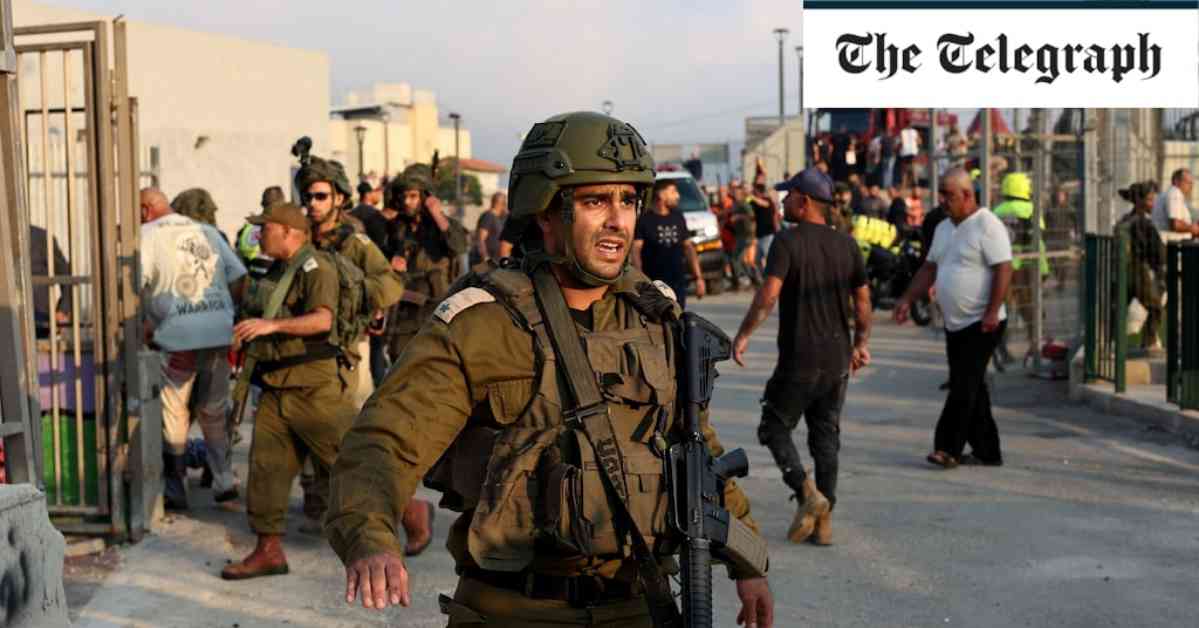Lebanon has issued a warning that a significant Israeli attack on its land could lead to a regional war. This warning comes after Israel targeted Hezbollah sites in southern Lebanon overnight in response to a rocket attack on the Israeli-occupied Golan Heights that resulted in the deaths of 12 individuals. Israel has accused Hezbollah, a Lebanese terror group backed by Iran, of being responsible for the rocket attack and has promised a strong response.
Iran has also cautioned Israel about potential military actions in Lebanon, stating that such actions could have unforeseen consequences and lead to further instability and conflict in the region. Despite Hezbollah denying involvement in the Golan Heights strike, US Secretary of State Antony Blinken has indicated that there are indications pointing to the group’s responsibility for the attack.
Lebanon has requested the US to urge Israel to show restraint following the Hezbollah rocket attack. The Lebanese Foreign Minister emphasized that any significant Israeli assault on Lebanon could escalate into a regional war. The presence of Israeli ministers at the funeral of children killed in the rocket strike has sparked anger among mourners, with accusations of abandonment and negligence towards the community.
Hezbollah has refuted claims of carrying out the rocket attack and has denied any involvement in the incident. However, Israel maintains that Hezbollah is unequivocally responsible for the attack, citing evidence that the rocket used was of Iranian origin. The attack on the Druze town in the Golan Heights resulted in the deaths of 12 individuals, most of whom were children.
US intelligence officials have expressed certainty that Hezbollah was behind the deadly rocket strike in the Golan Heights. As tensions rise in the region, Israel has conducted retaliatory airstrikes on Hezbollah targets in southern Lebanon. Thousands have gathered for the funerals of those killed in the attack, marking it as the deadliest single incident in Israeli territory since October 7.
As the situation unfolds, it remains crucial for all parties involved to exercise restraint and avoid further escalation that could lead to a broader conflict in the region. The ongoing exchanges of attacks and accusations highlight the delicate balance that must be maintained to prevent a full-blown regional war.












